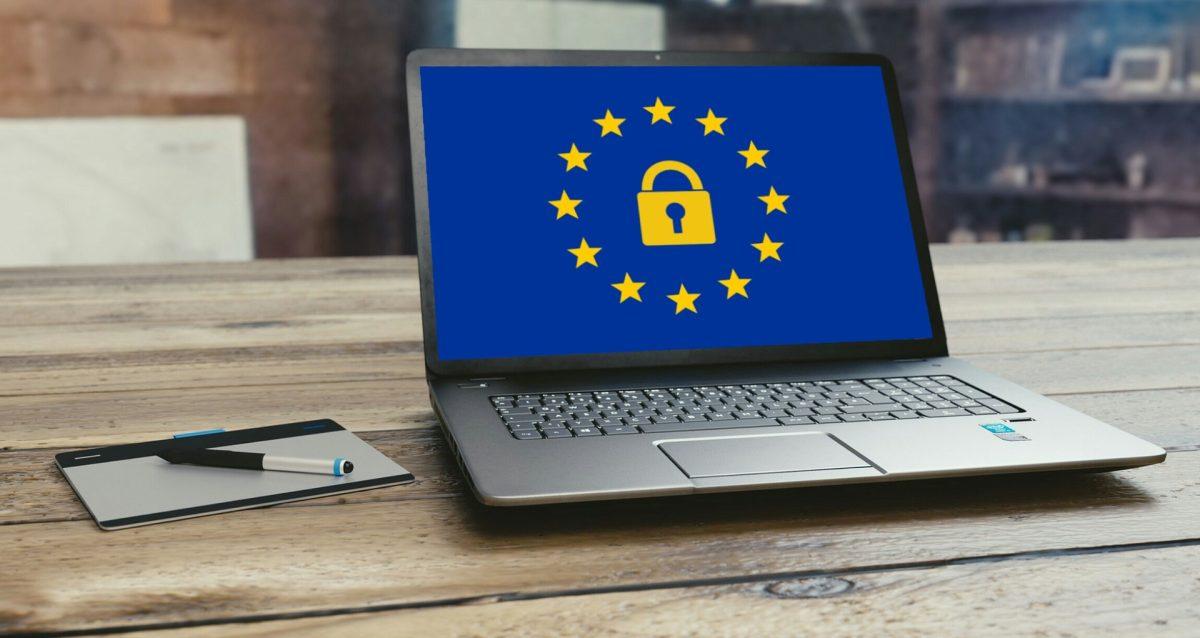When websites give away our personal information to outside sources, when is doing so too much? It’s a question society will have to start answering, and soon.
Recently, the revelation that Cambridge Analytica wrongfully obtained personal information for more than 30 million American Facebook users left internet users shocked and concerned for their privacy.
Facebook CEO Mark Zuckerberg remained silent regarding the allegations for days before he agreed to testify before Congressional Committees if necessary.
The end result of what this means for the Internet remains to be seen. However, it’s imperative that the public be as involved in forming an opinion on this matter with the same enthusiasm it forms opinions on gun control.
No one knows what Cambridge Analytica will do with our information. It could be true that Facebook should be more careful about our privacy in the first place, in which case that’s a Facebook directed problem.
According to that same Washington Post article, the United States, unlike European countries, does not have Constitutionally protected privacy. If we’re super disturbed by the idea our information might be in unknown hands, it may be time to advocate for laws that regulate our privacy.
Which brings us to so many other questions. We turn on our location services for things like the weather, Google maps, Snapchat, Instagram and Facebook on our phones. What’s to say Apple can’t just submit all of that information to the United States government? In the past, Apple has refused to give away that information to the government, even in high criminal cases.
But what’s stopping them from doing so? For now, it seems the answer may simply be the company’s ideals themselves.
Ultimately, humans have officially blurred the lines between their public and private lives.
Some have enabled their location SnapMap on Snapchat. That means that anyone can see where a friend was the last time they opened Snapchat.
Some might not find it a problem to let others know their whereabouts, especially if they’re our friends. But all it takes is one person to share that information with one wrong person, and consequences can arise.
Surprisingly, a 2014 poll completed by Gigya that was reported by the Washington Post found that most people are actually willing to give up their privacy as a matter of convenience.
Time will tell where the future takes privacy — perhaps it will be a general understanding that our whereabouts and most information about us is public. But not all people are good, and we should still maintain concern that our information could end up in the wrong hands.
Ultimately, we decide: When is it too much?
For questions/comments about this editorial, email [email protected] or tweet @TheWhitOnline.
























































































































































!["Working with [Dr. Lynch] is always a learning experience for me. She is a treasure,” said Thomas. - Staff Writer / Kacie Scibilia](https://thewhitonline.com/wp-content/uploads/2025/04/choir-1-1200x694.jpg)









































